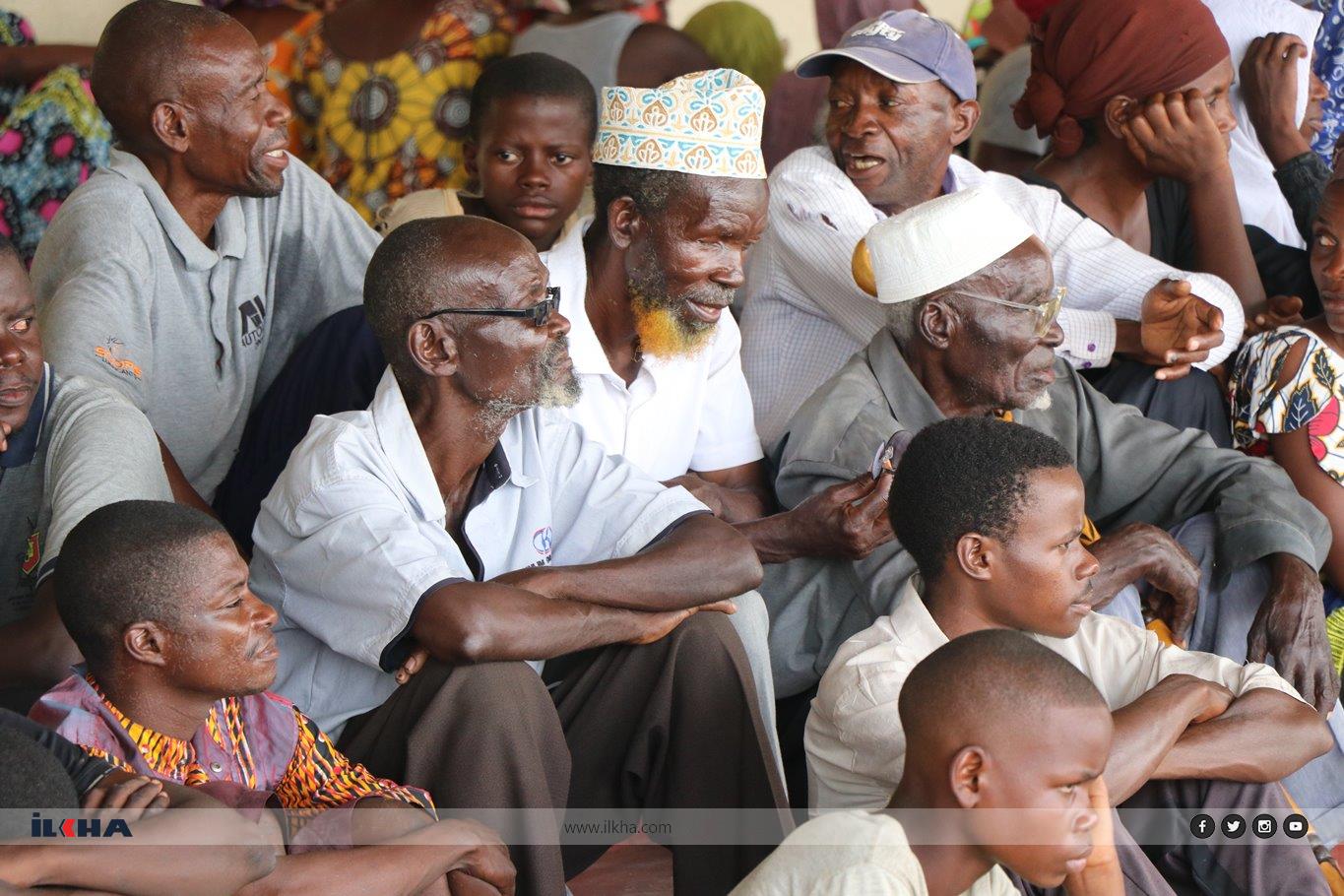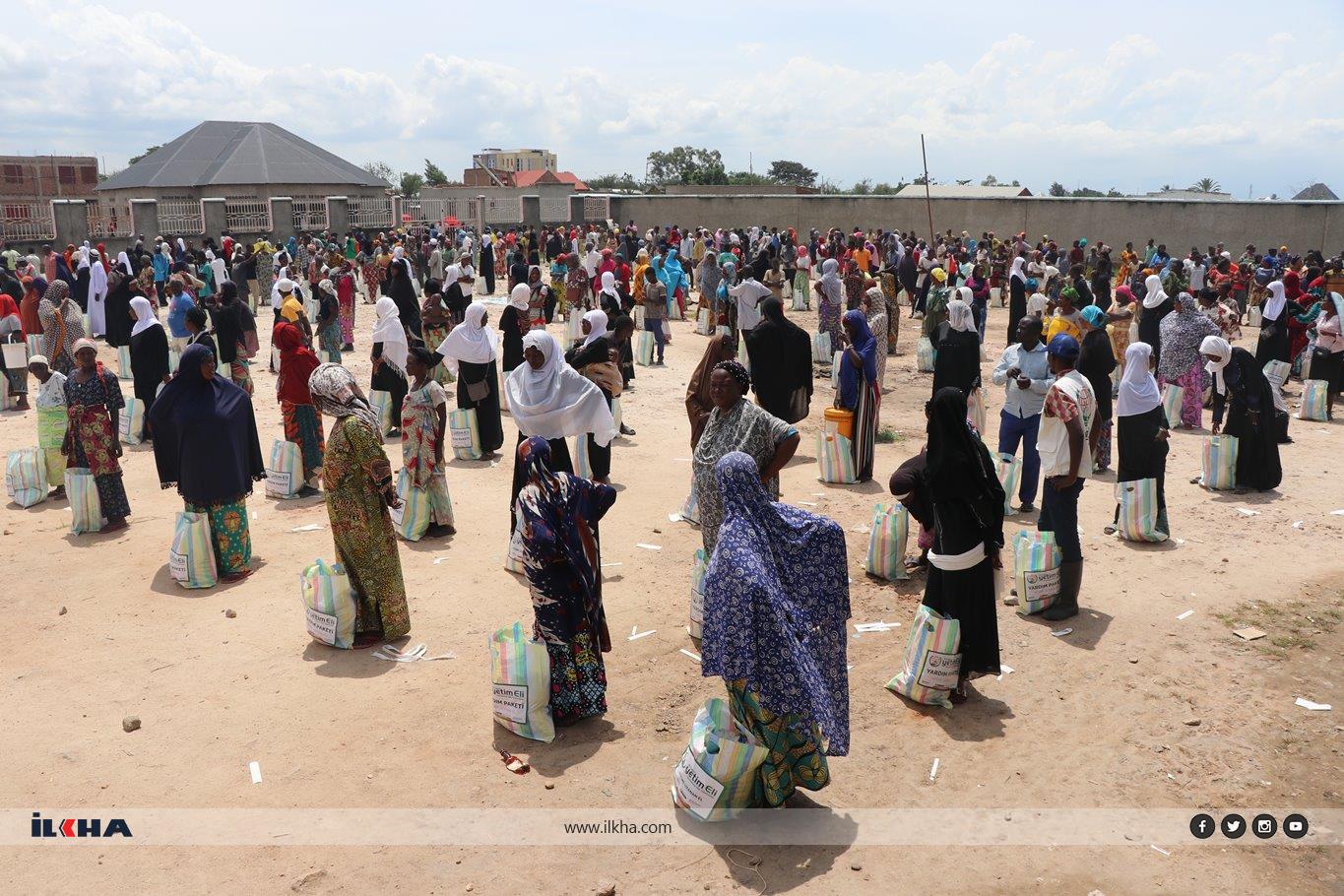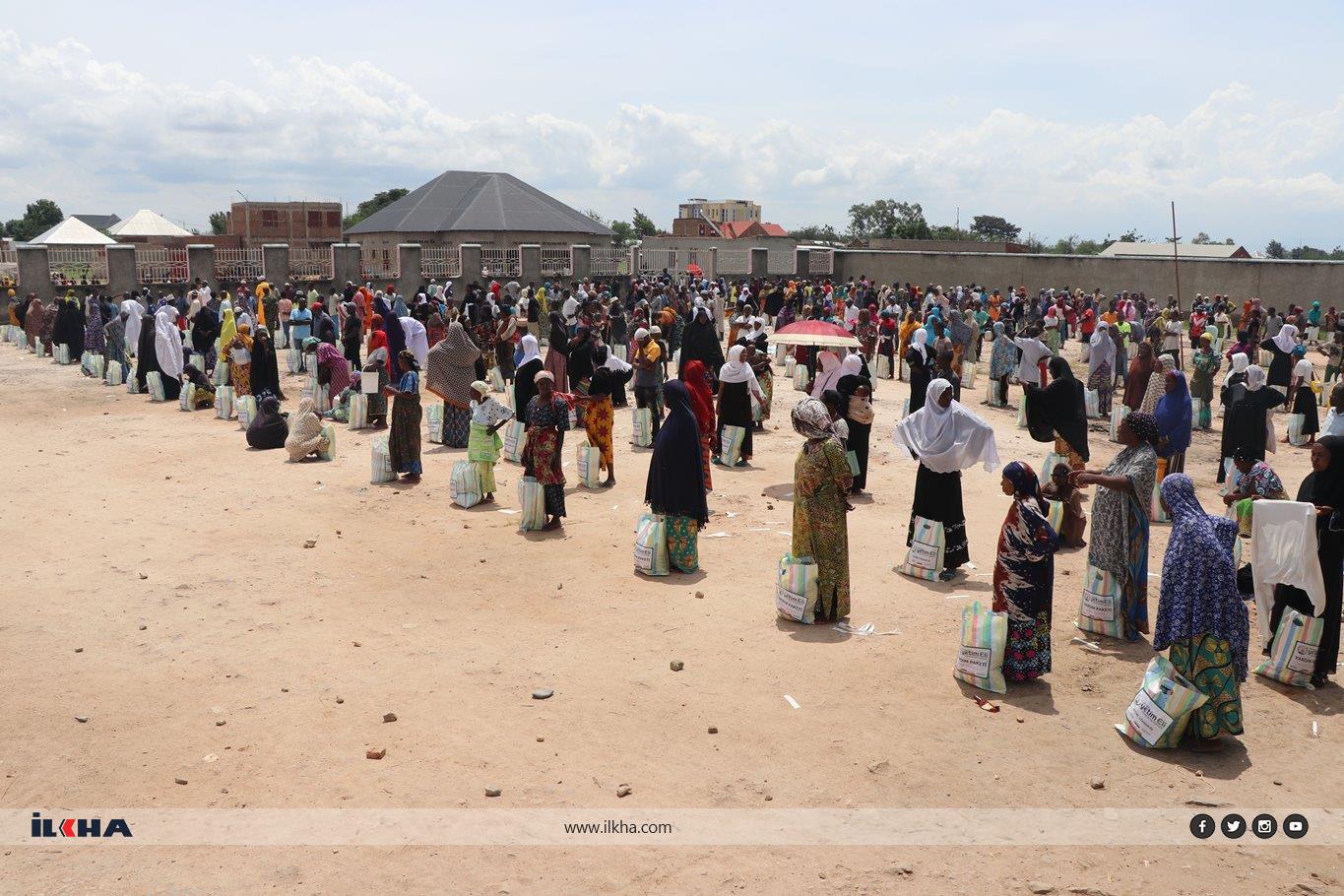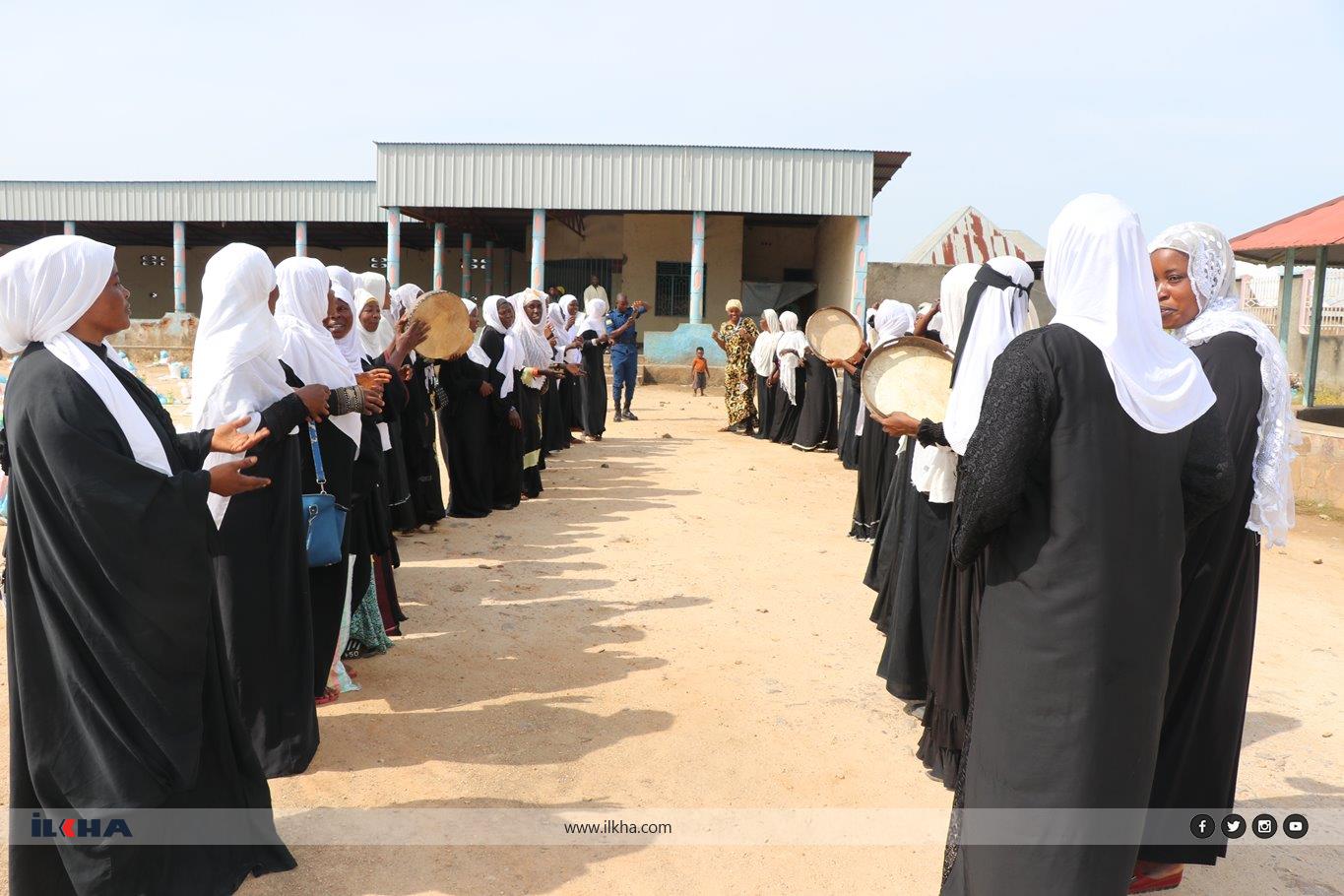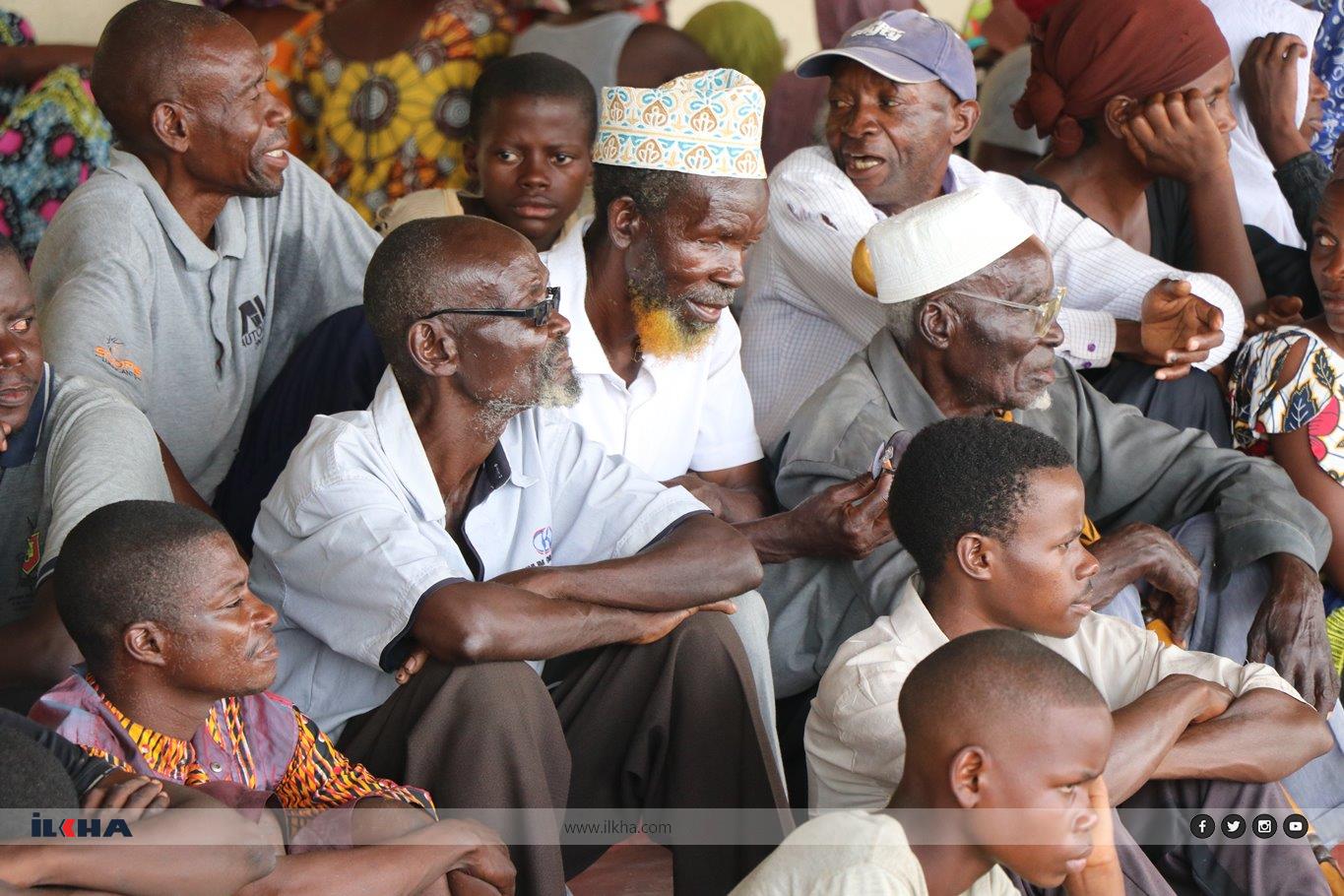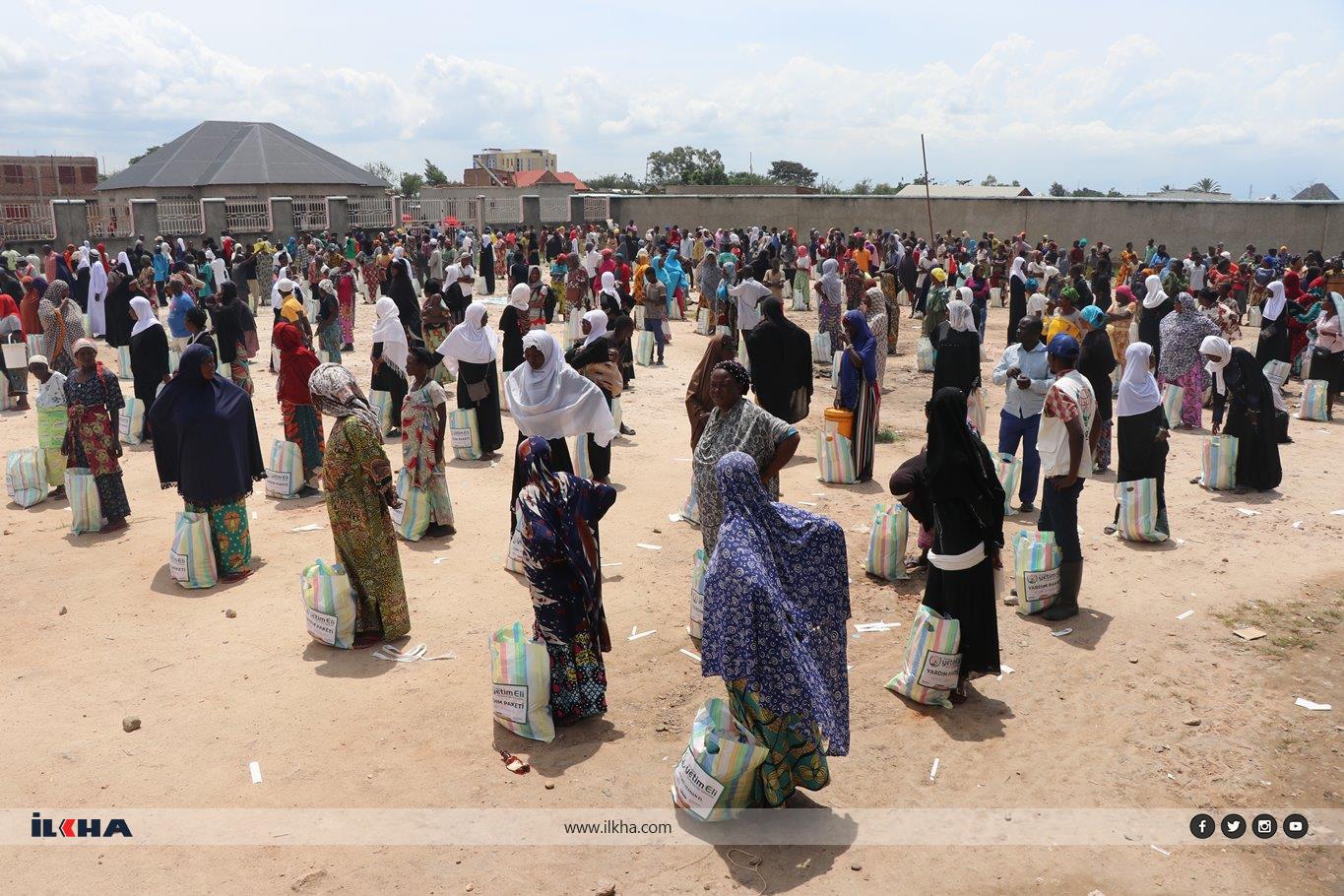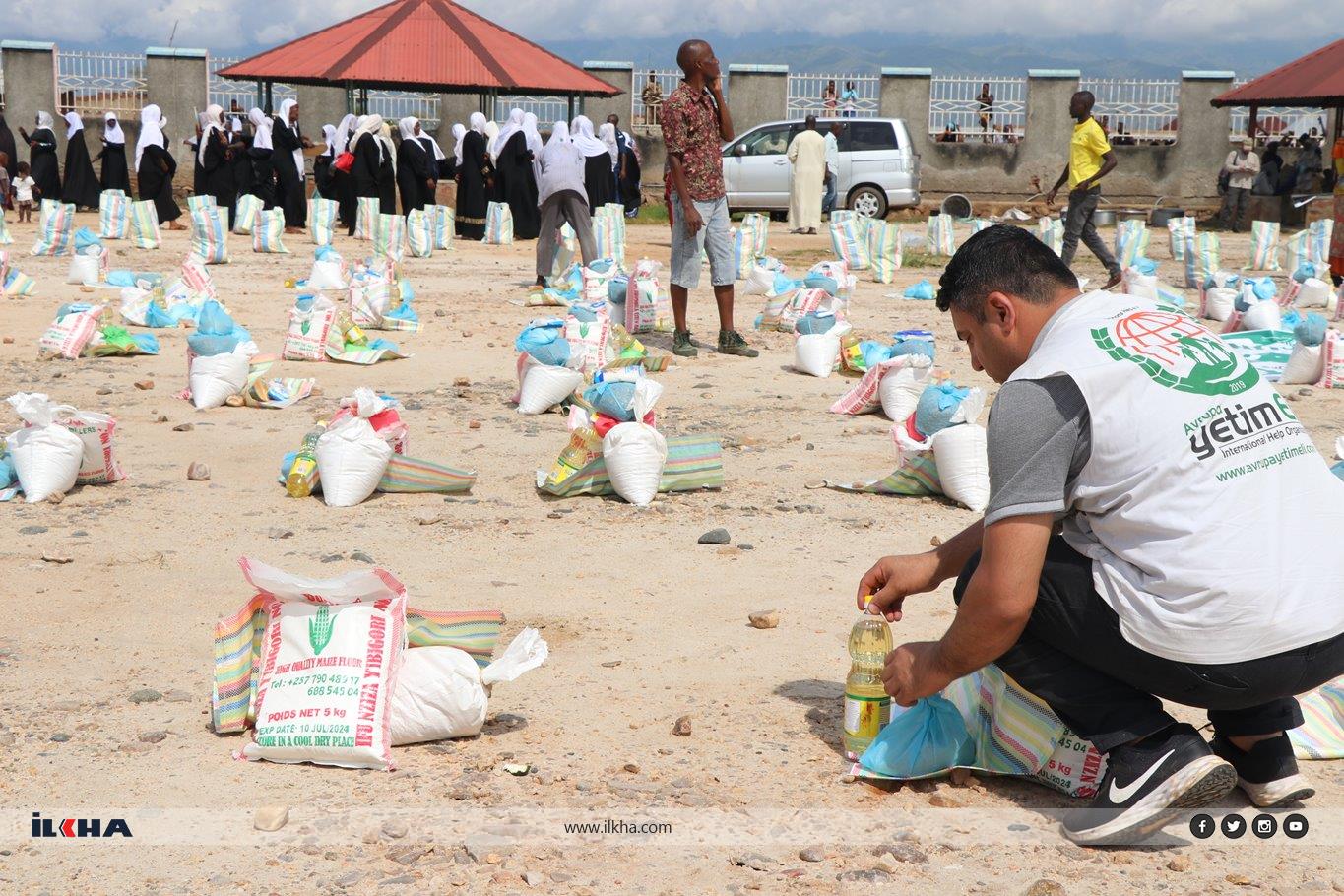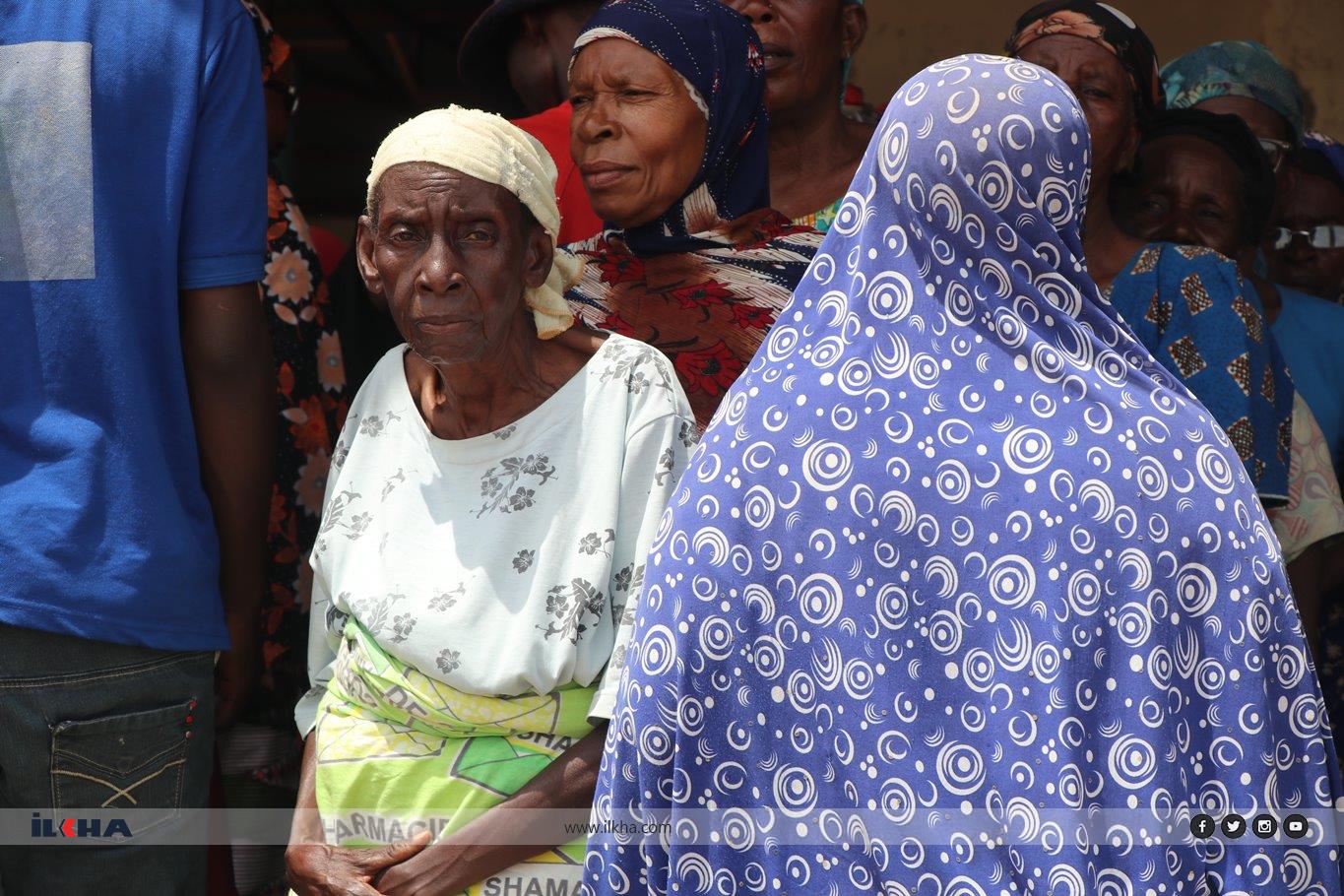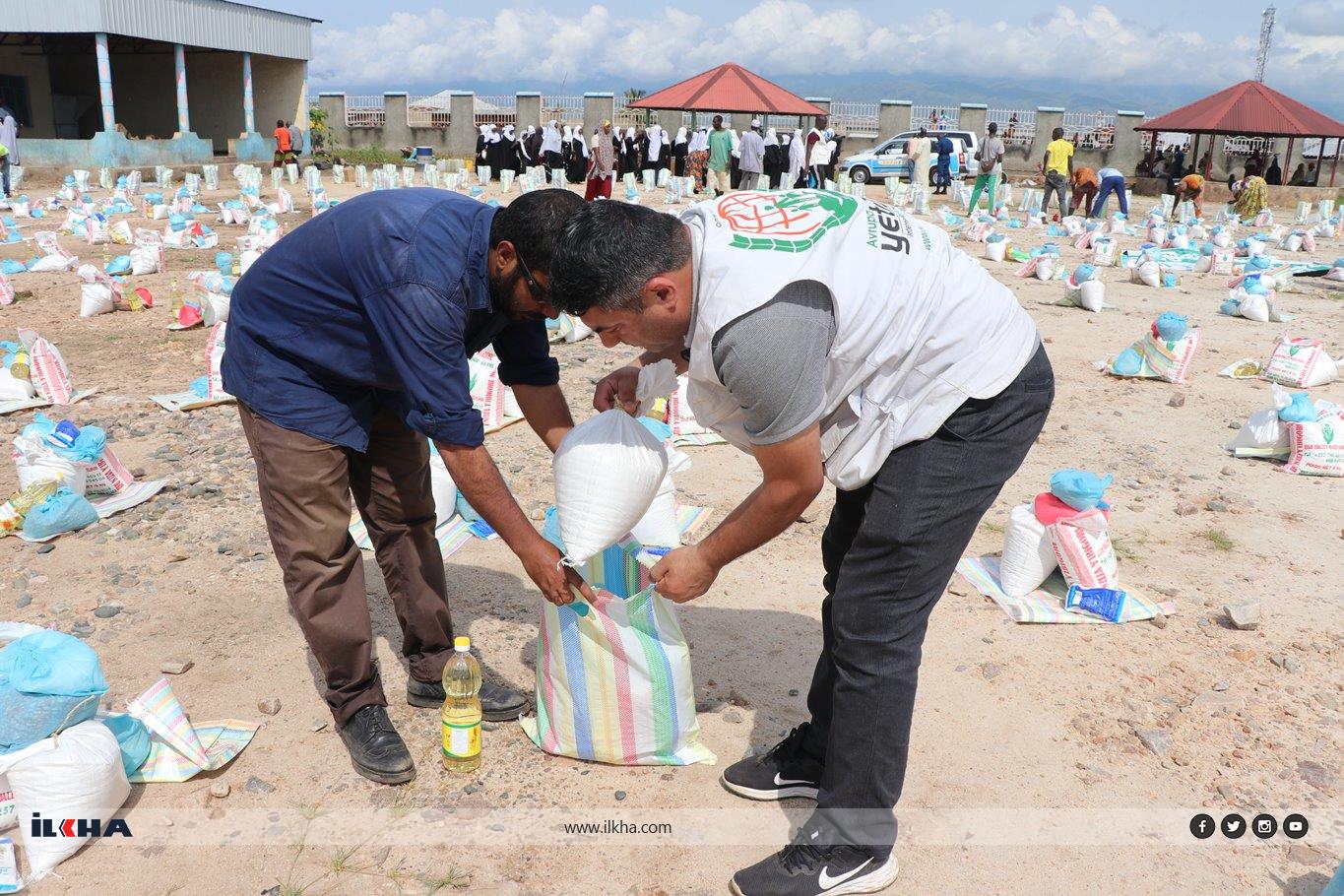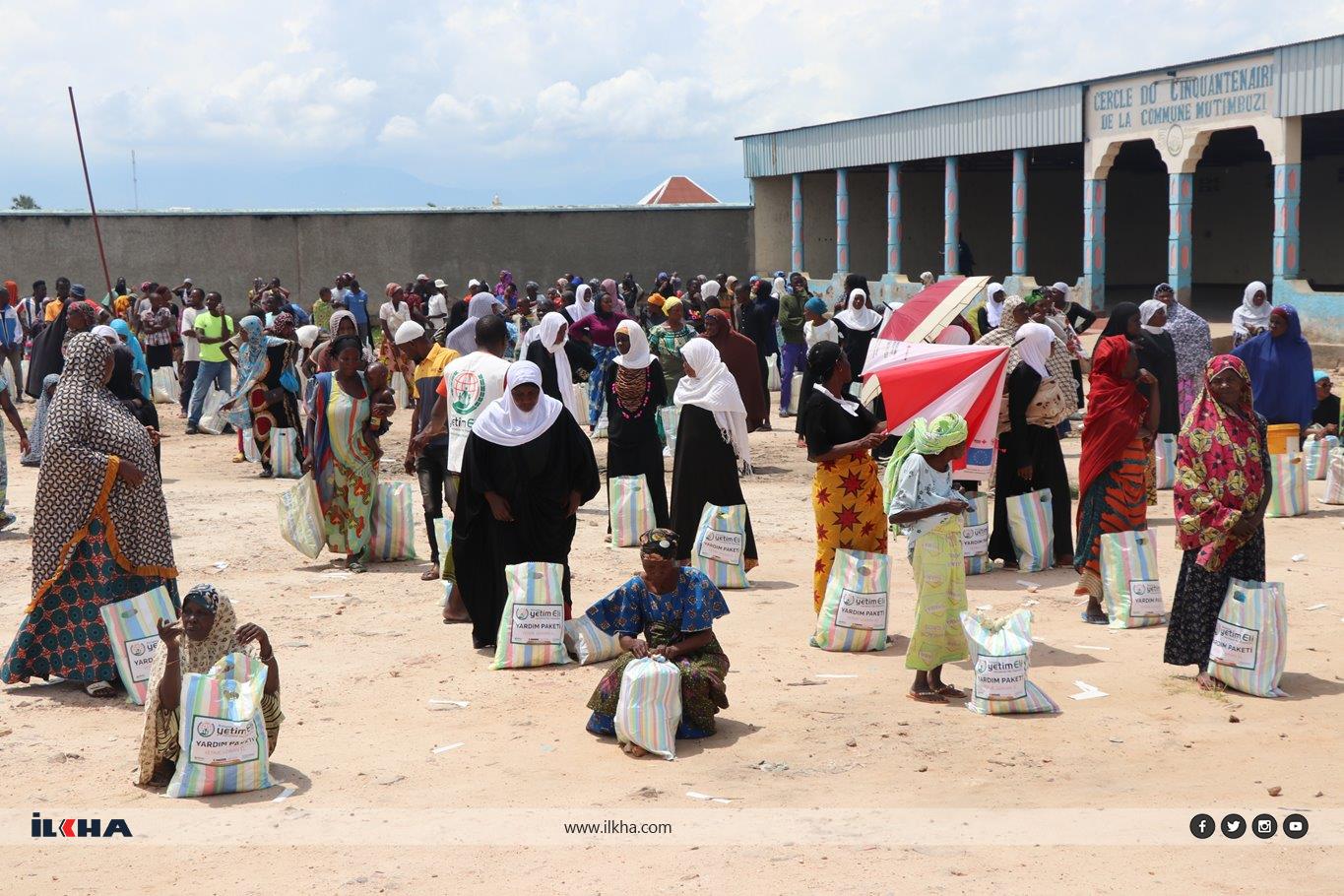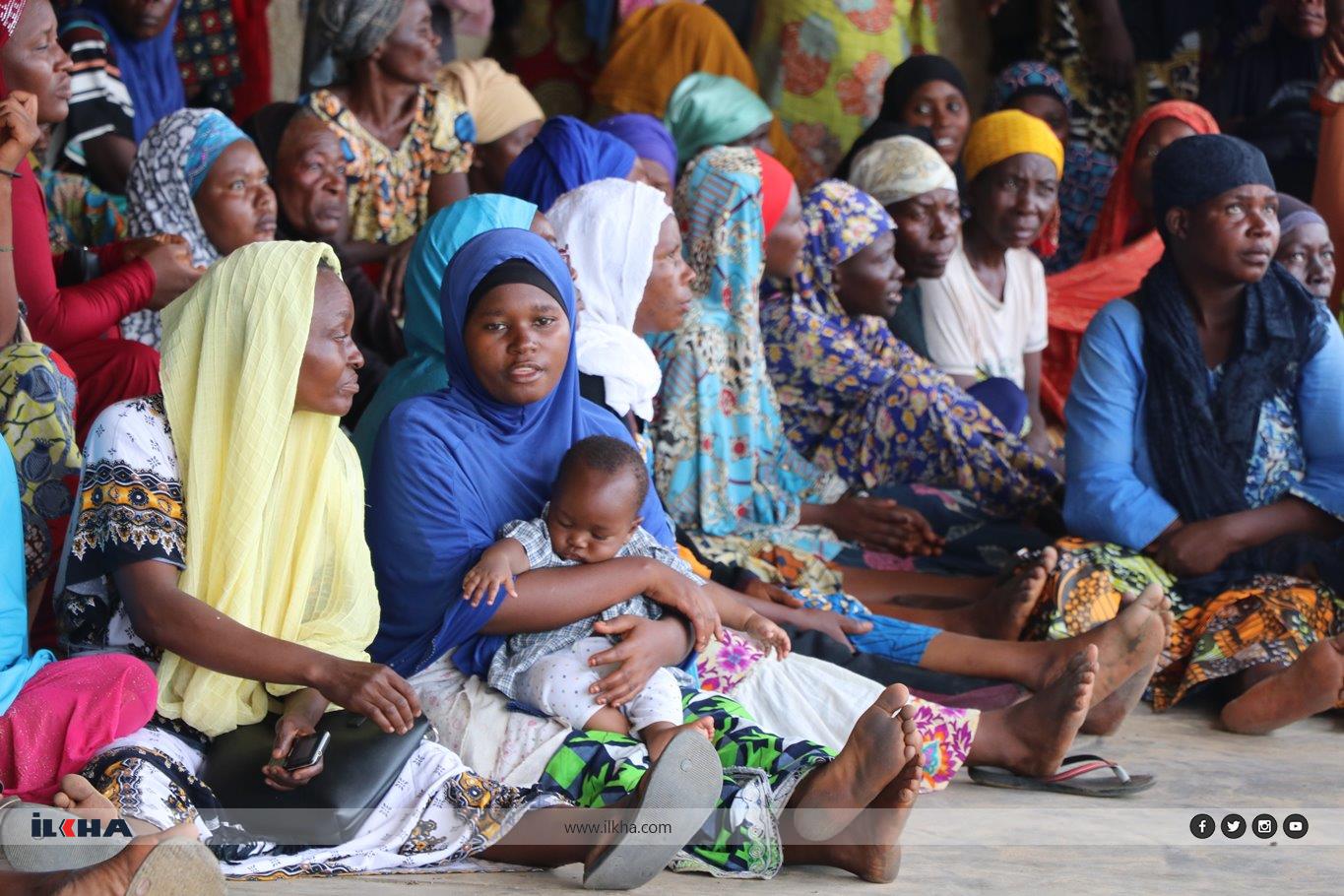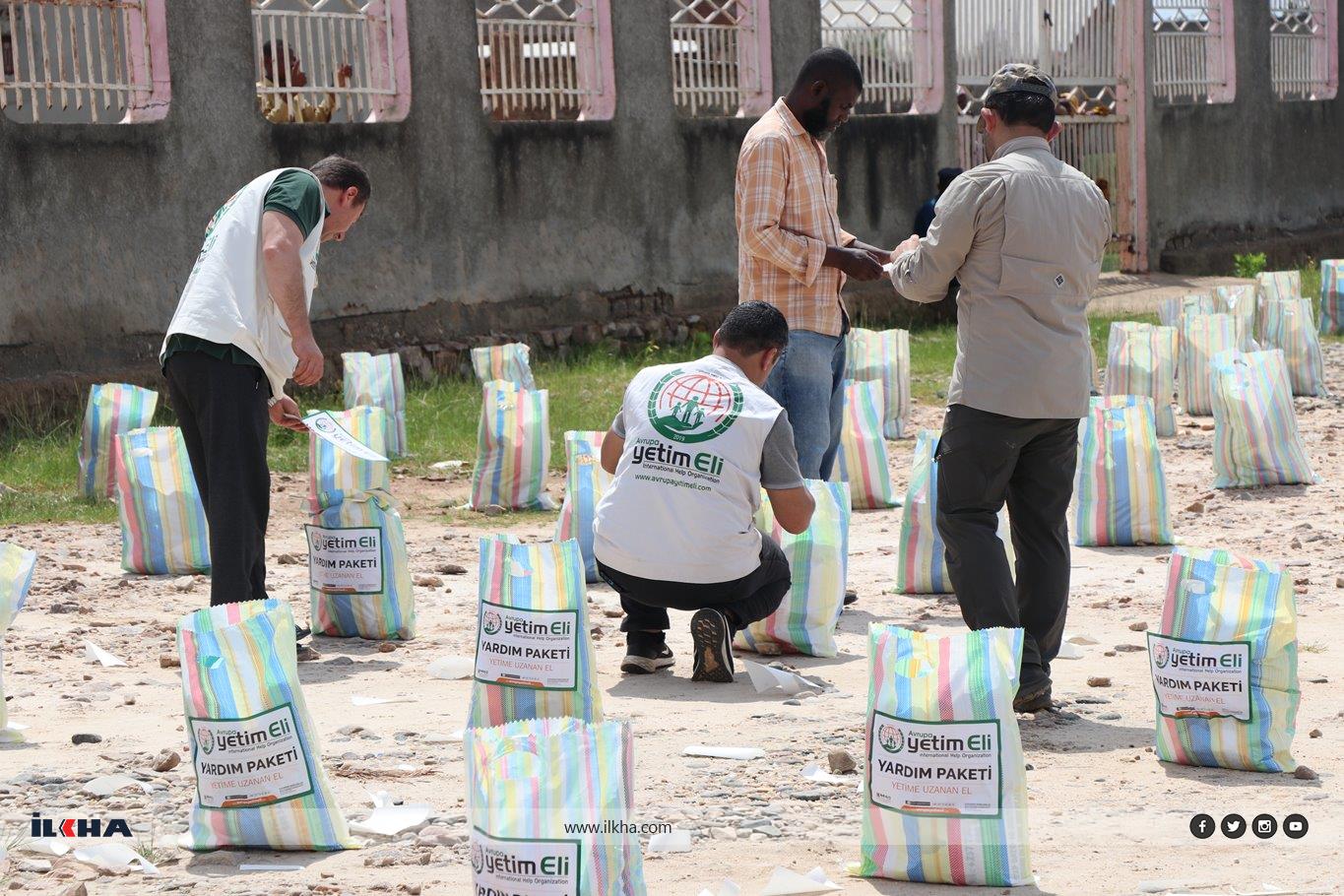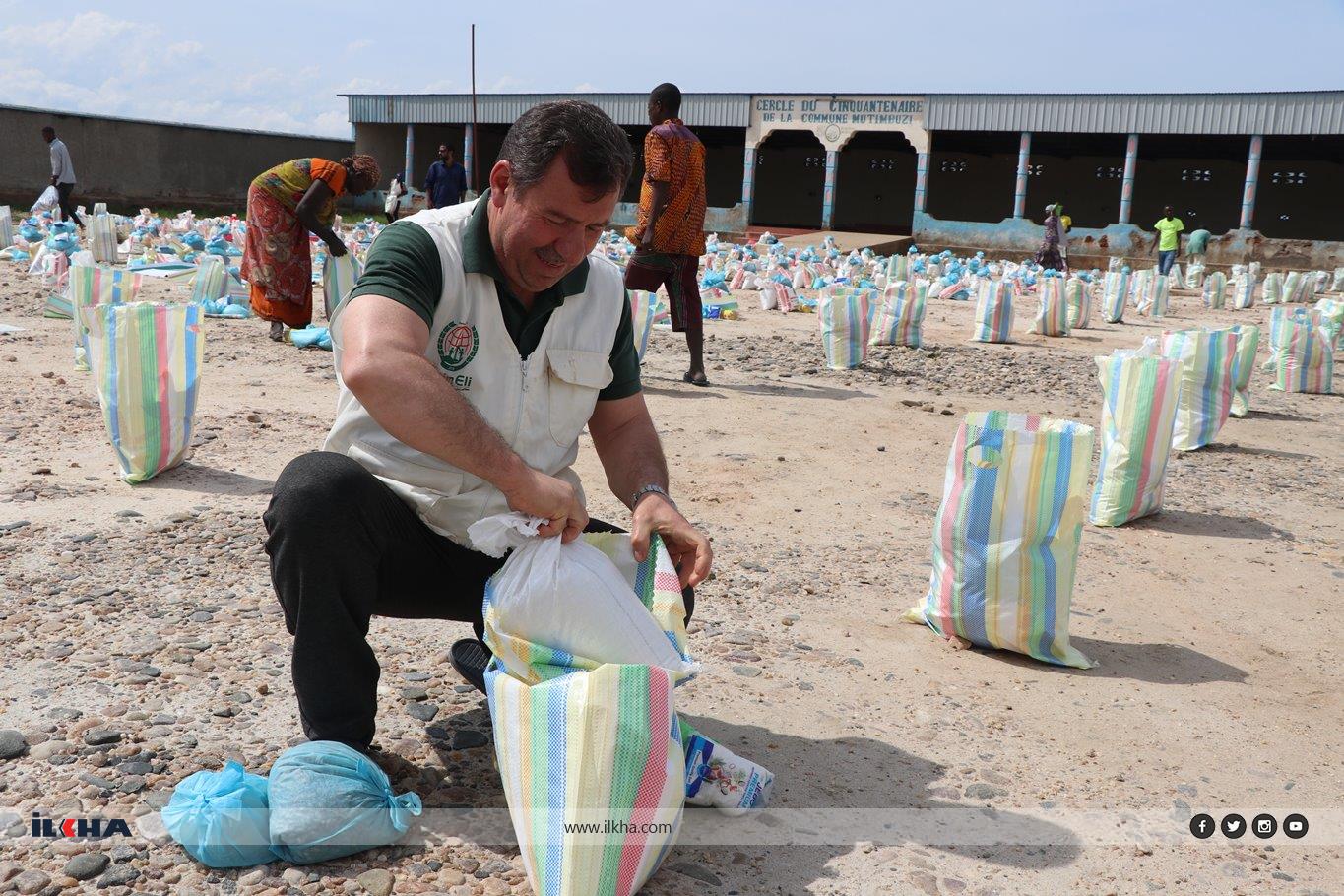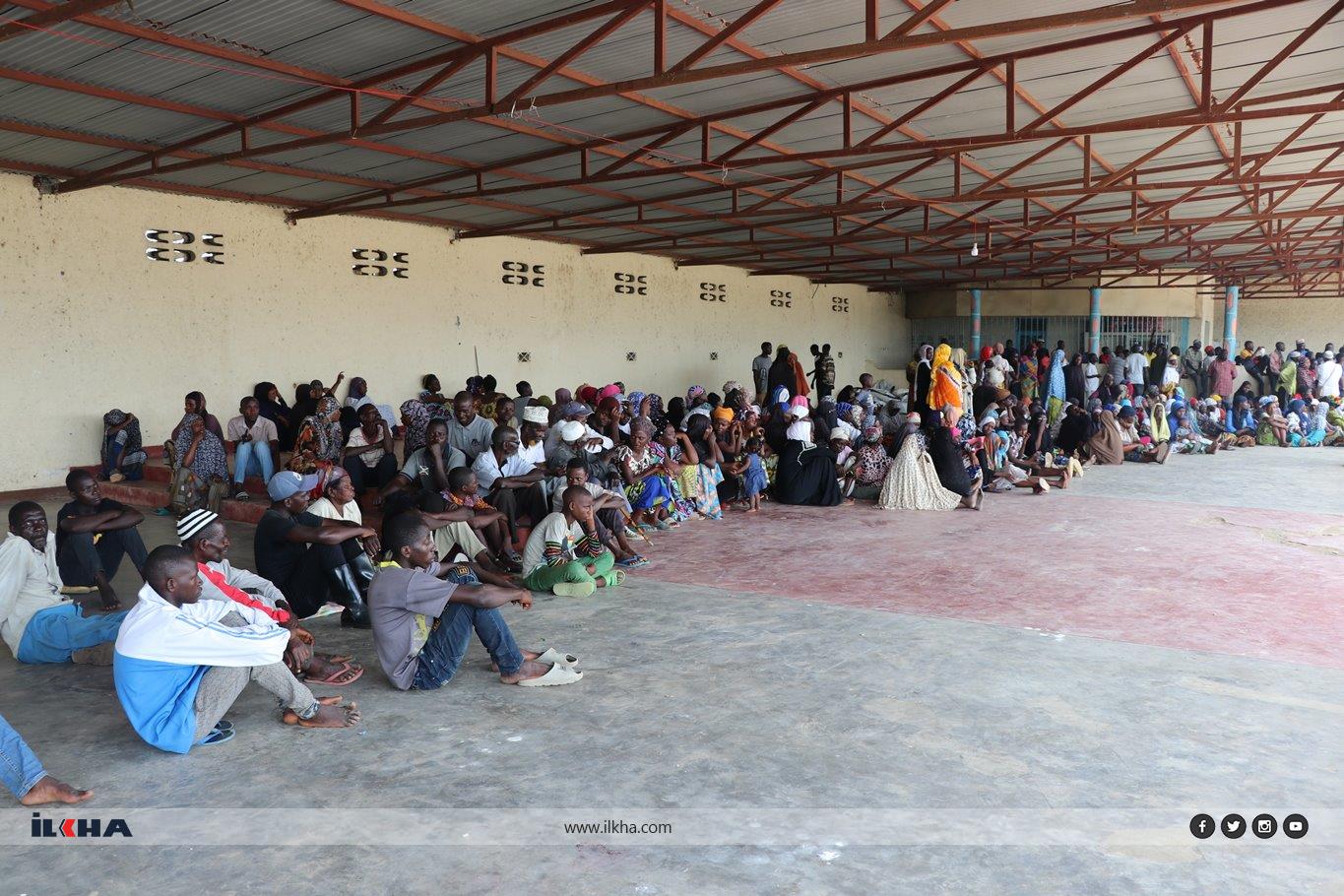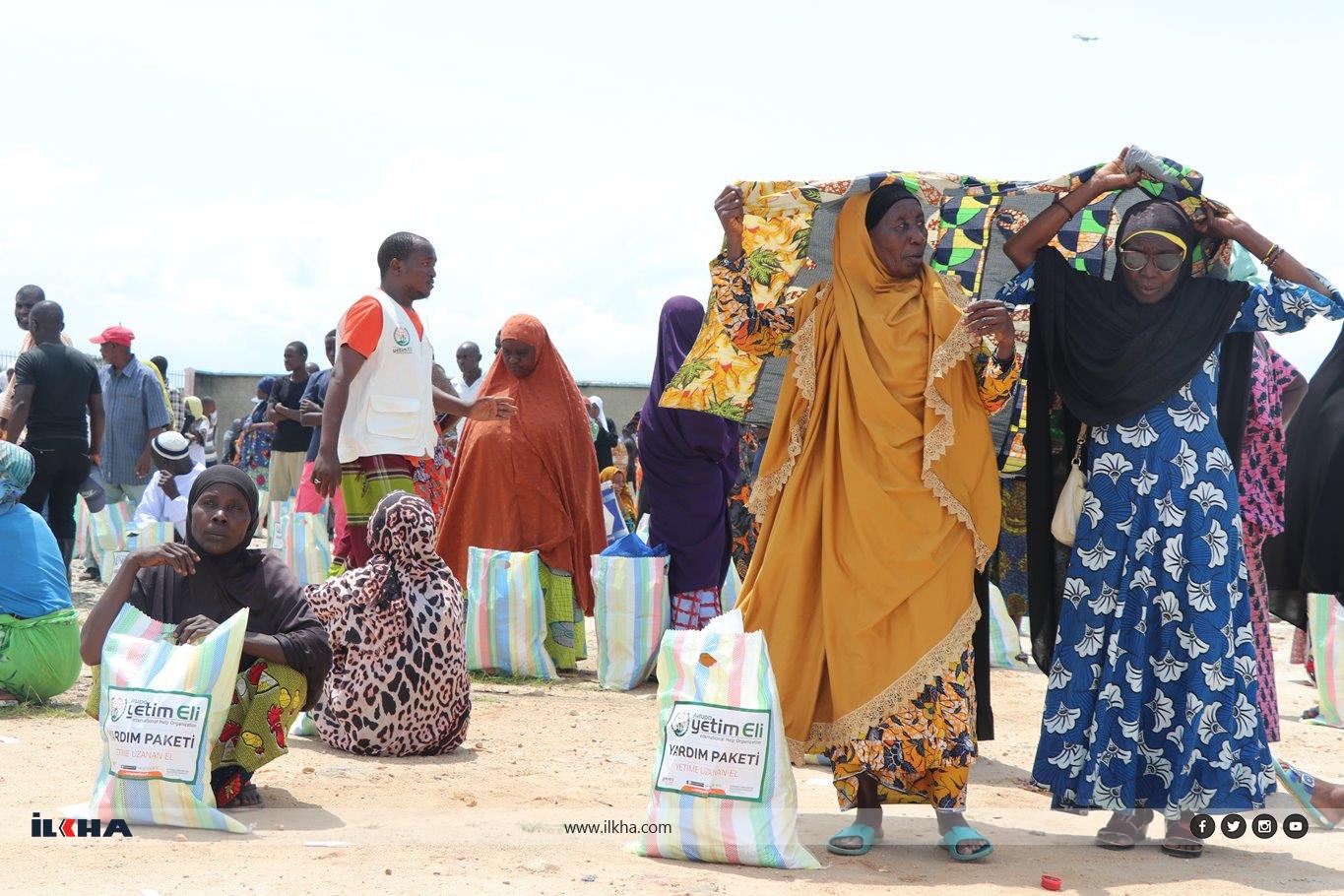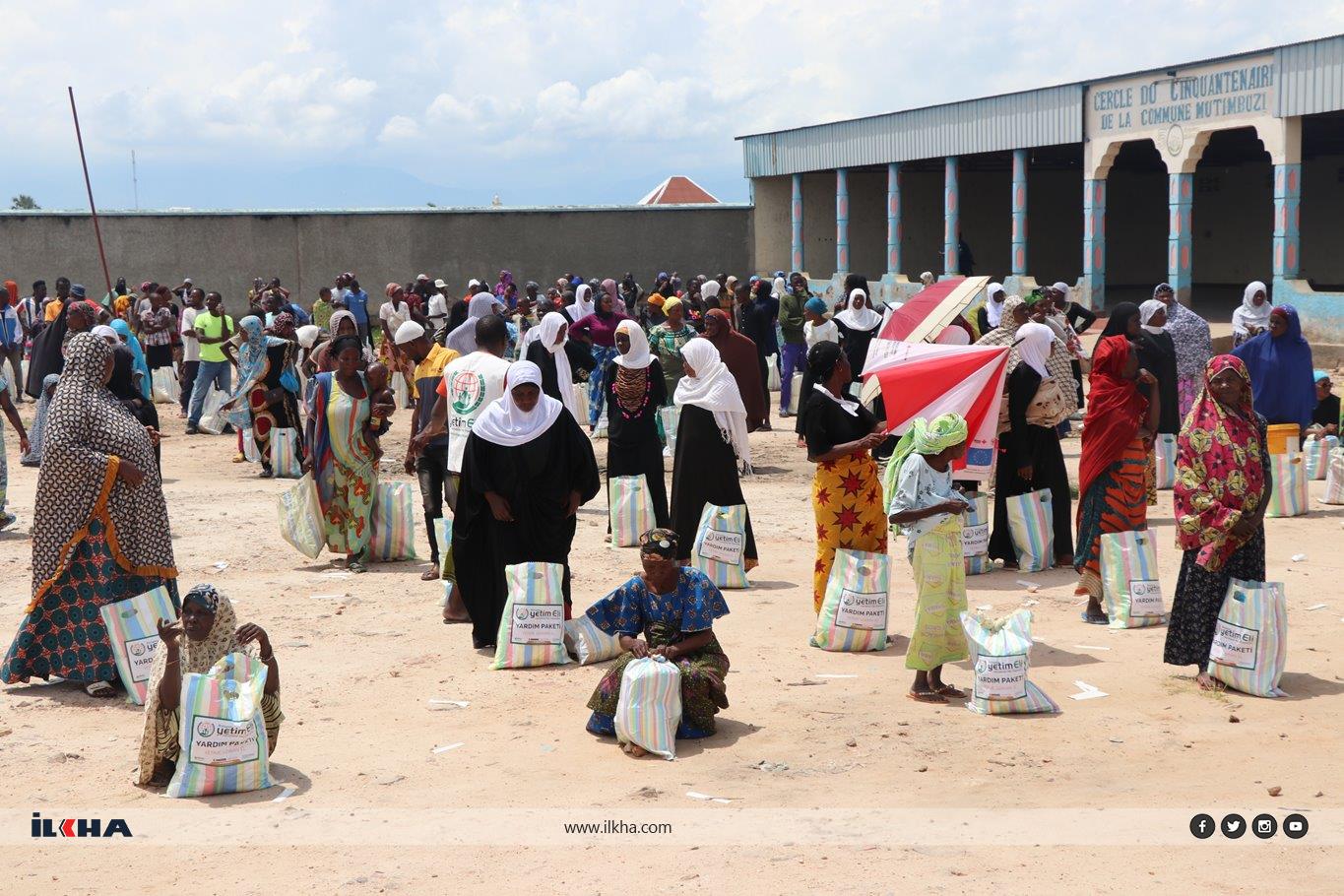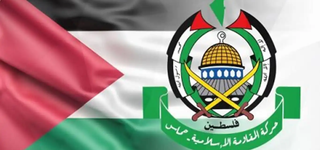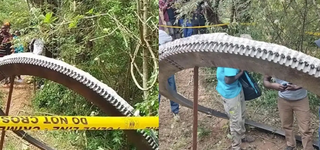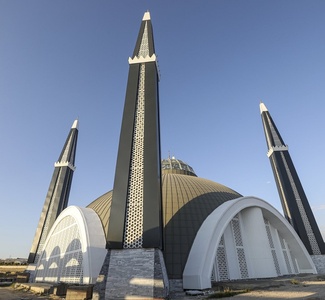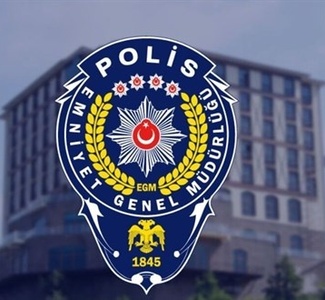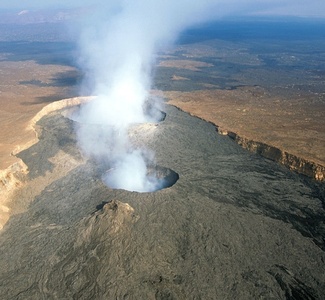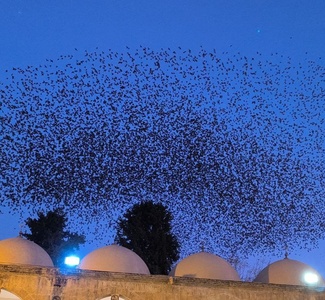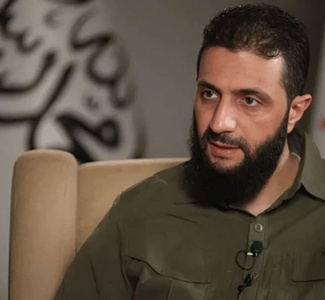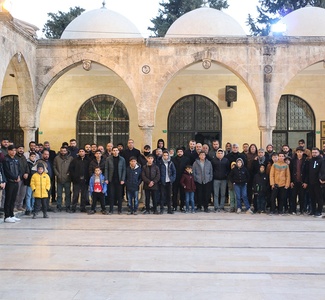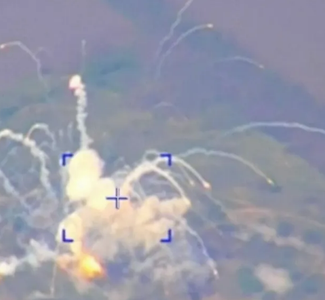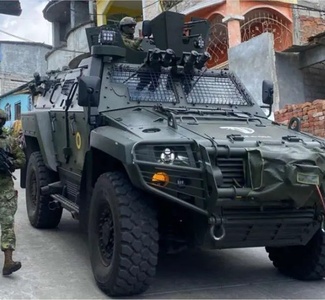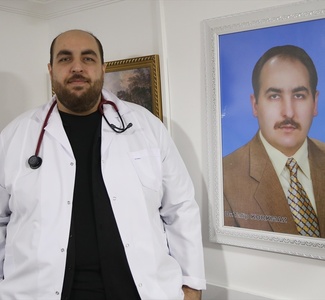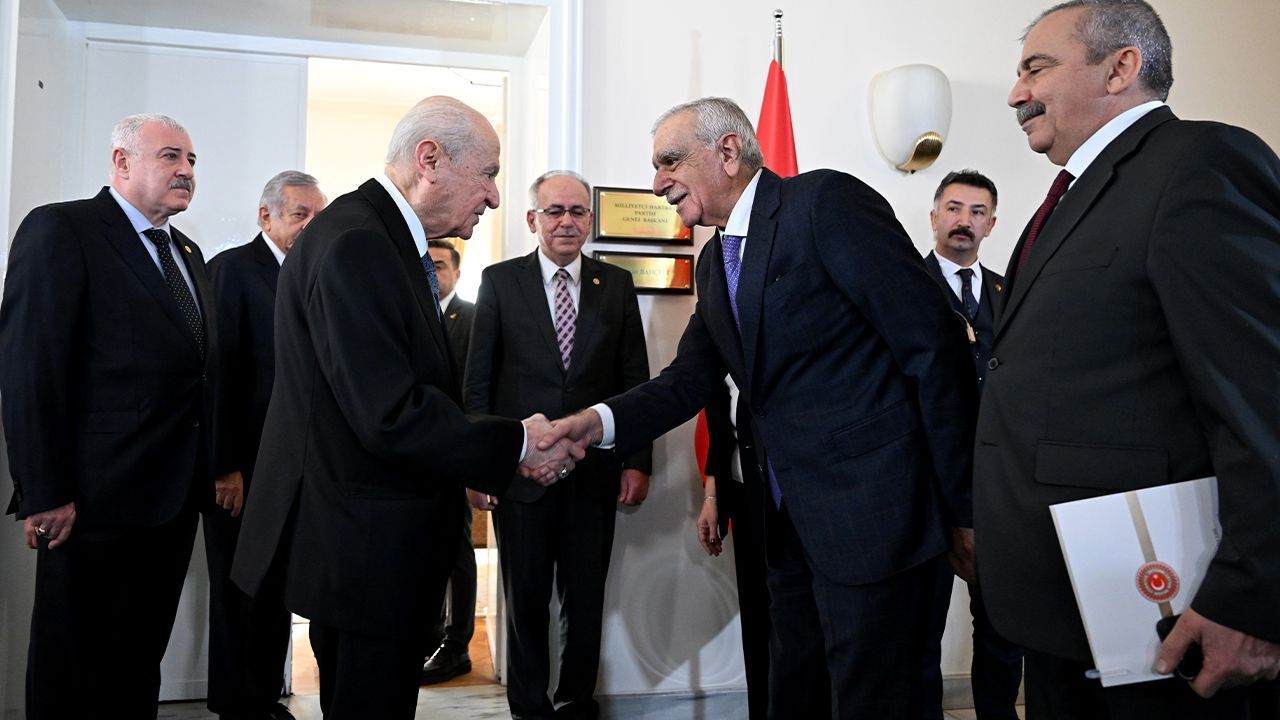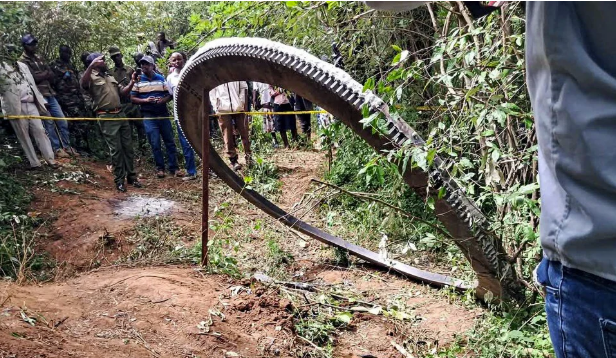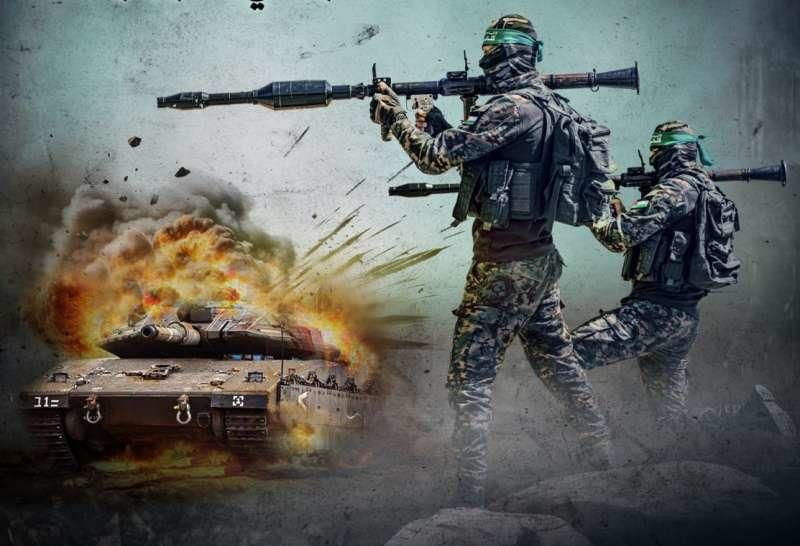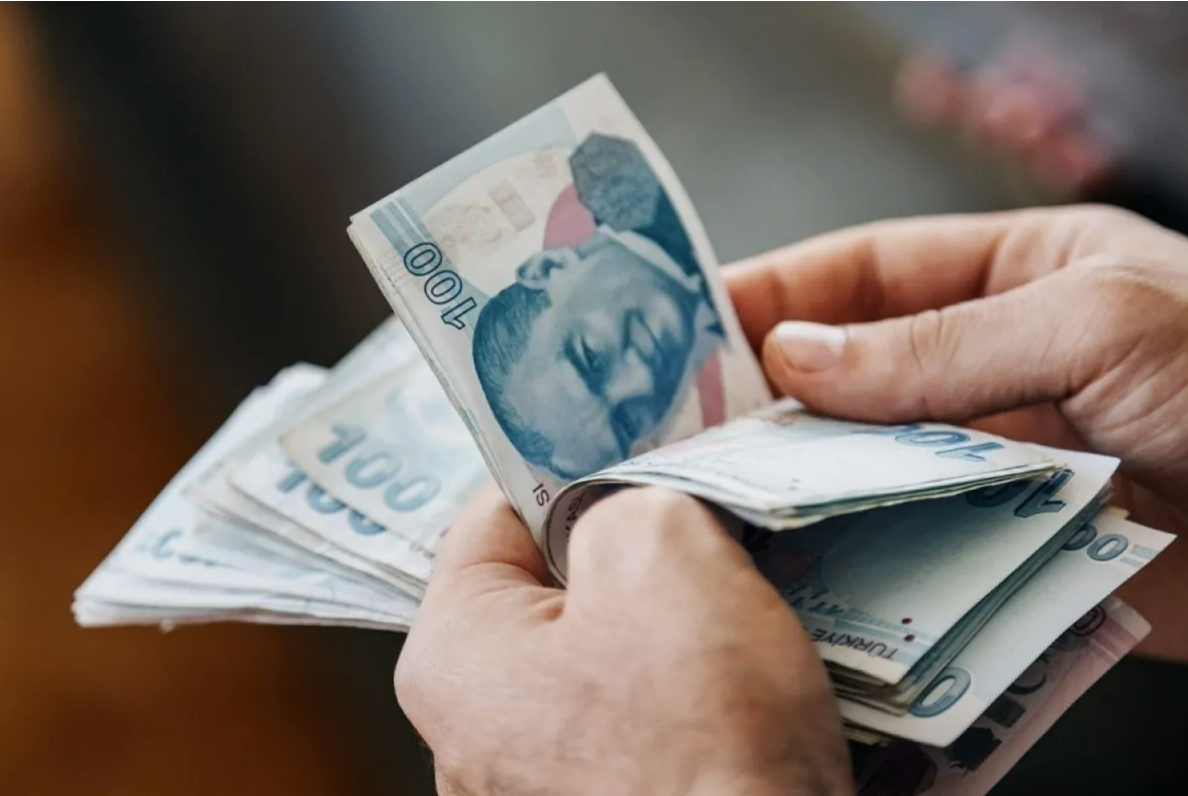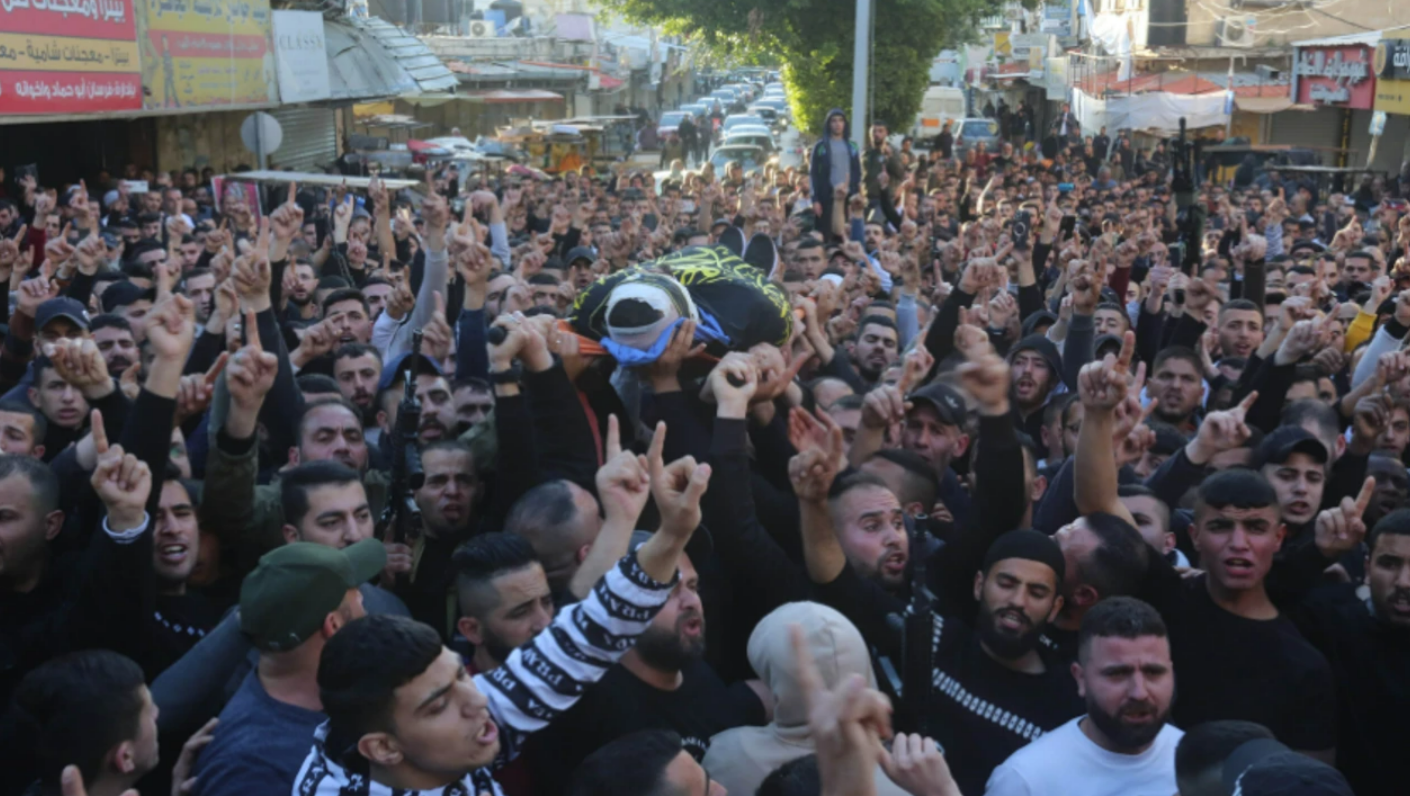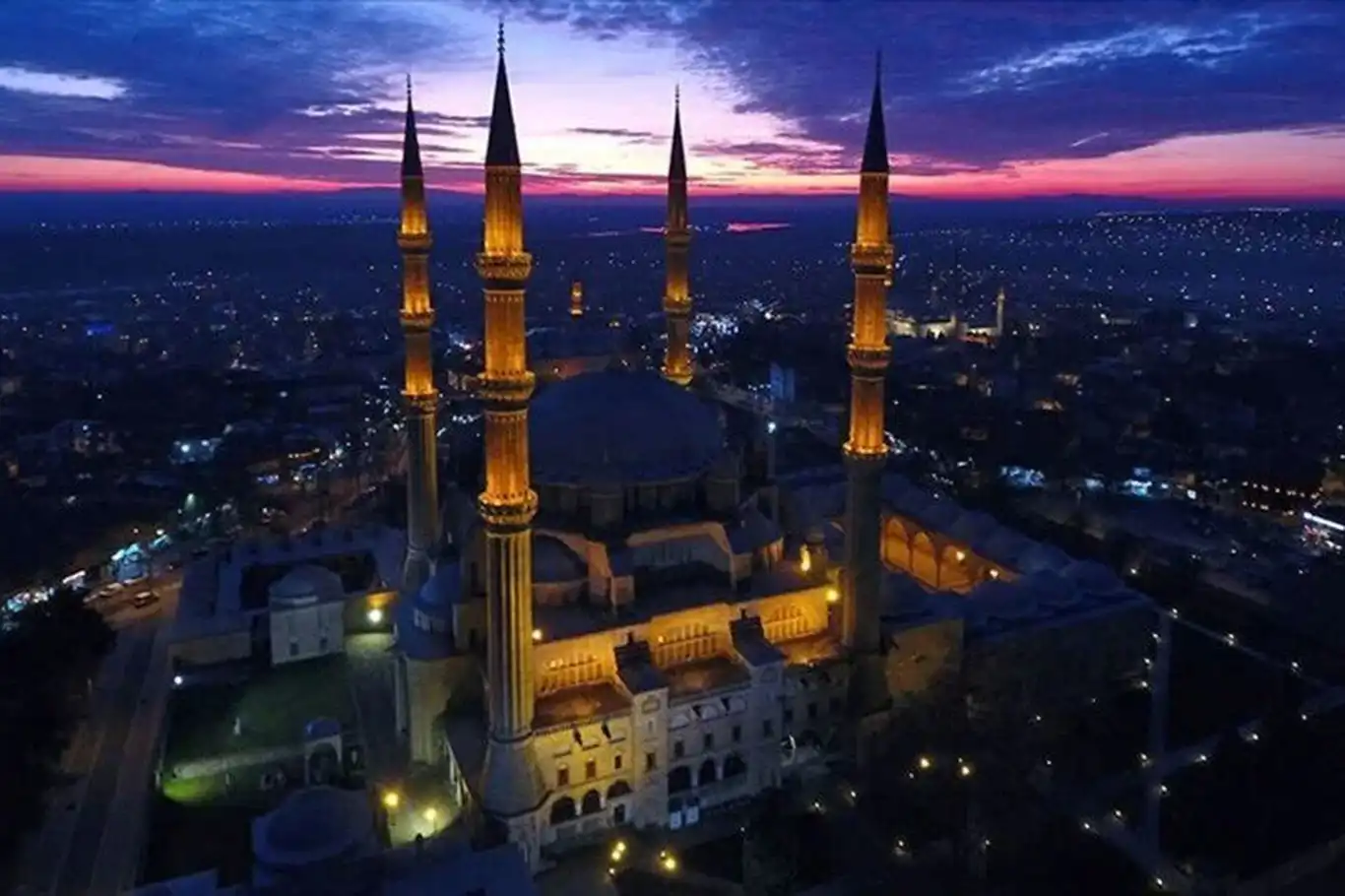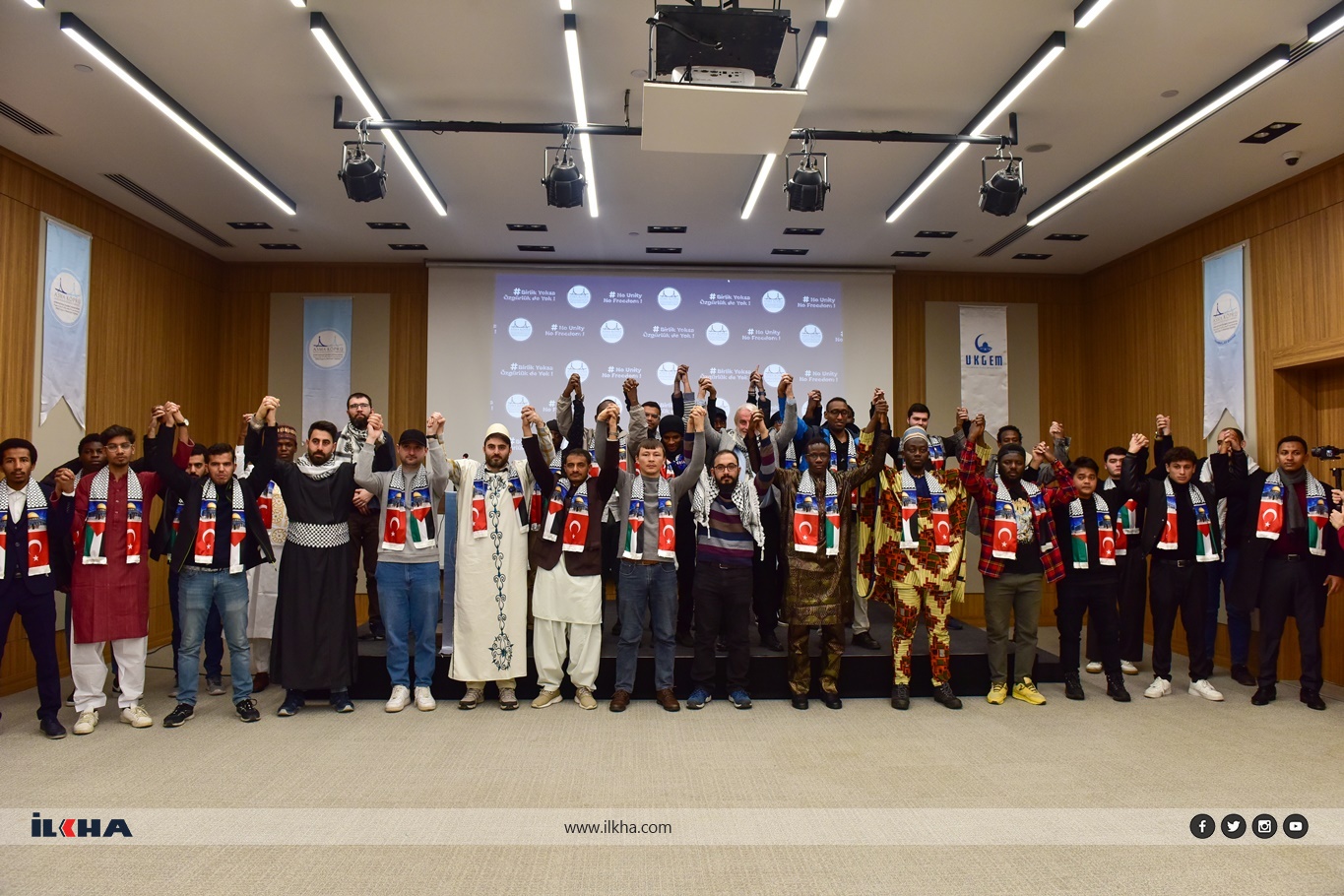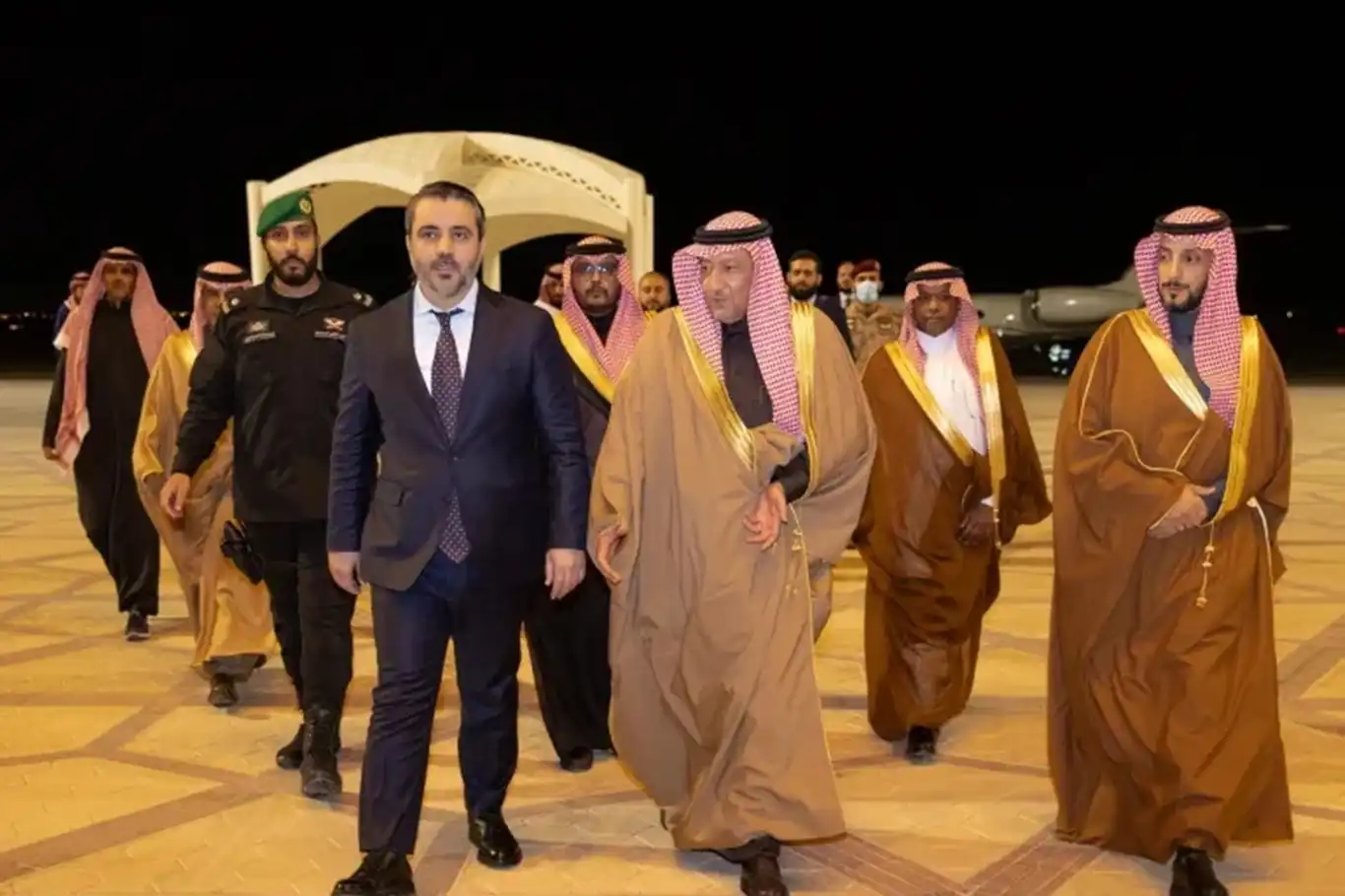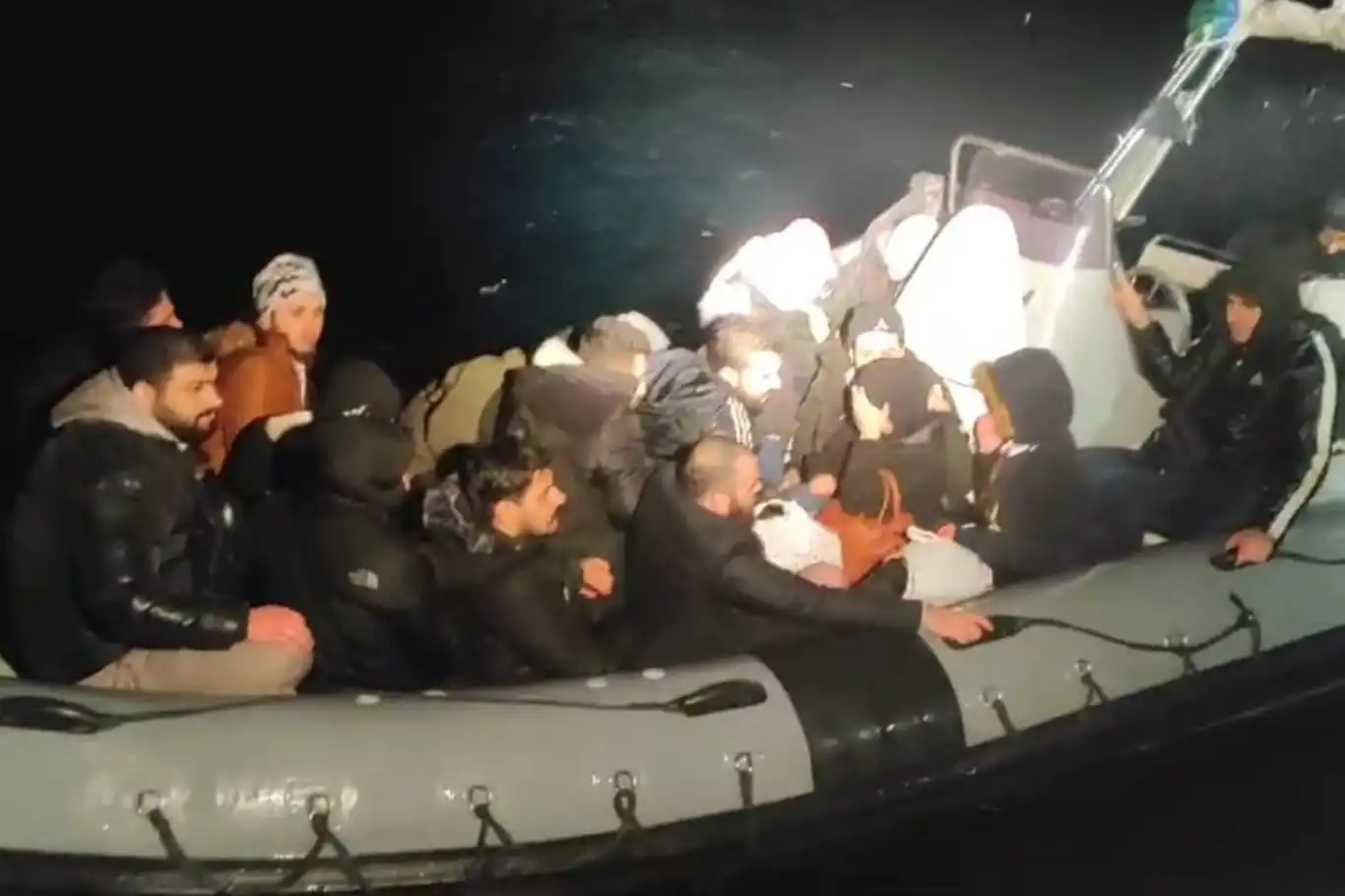European Orphan Hand provides food assistance to 500 needy families in Burundi
European Orphan Hand (Avrupa Yetim Eli), an international aid organization based in Mannheim, has provided food assistance to many families in Burundi's Gatumba region.
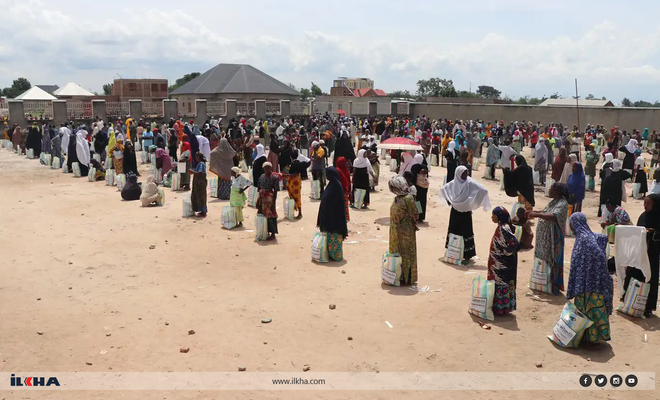
 Google News'te Doğruhaber'e abone olun.
Google News'te Doğruhaber'e abone olun. The organization expanded its aid efforts during its Ramadan campaign to include food assistance for those in need, along with distributing cash, clothing, copies of the Holy Qur'an, and meat obtained from donated sacrificial animals.
Speaking to Ilke News Agency about their aid efforts in Burundi, Nizamettin Aygan, a volunteer with the European Orphan Hand organization, said: “We are in Burundi, which is one of the poorest countries in the world, as part of the 2023 Ramadan humanitarian aid campaign. Unfortunately, due to a flood disaster that occurred a week ago, thousands of people had to leave their homes. We distributed cash, clothing, copies of the Holy Qur'an, and meat obtained from donated sacrificial animals to those in need.”
According to the latest report of the Global Hunger Index (GHI) 2021, Burundi has a "serious" hunger level, with a score of 33.6 out of 100. This indicates that a significant proportion of the population in Burundi is undernourished and lacks access to adequate food.
Additionally, the United Nations World Food Programme (WFP) reports that in 2021, 3.5 million people in Burundi, or approximately 30% of the population, are in need of humanitarian assistance due to various factors, including climate shocks, conflict, and economic instability.
Furthermore, the WFP reports that chronic malnutrition is widespread in Burundi, with 56.8% of children under five years old experiencing stunted growth. This indicates that many children are not receiving adequate nutrition during a critical stage of their development, which can have long-term consequences for their health and well-being.
Overall, hunger and malnutrition remain significant challenges in Burundi, and efforts are needed to address the root causes of food insecurity and support those who are most vulnerable. (ILKHA)
